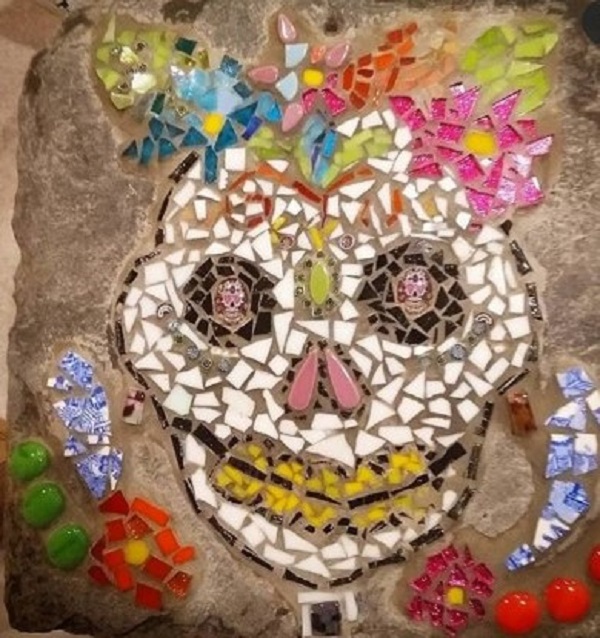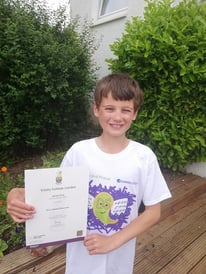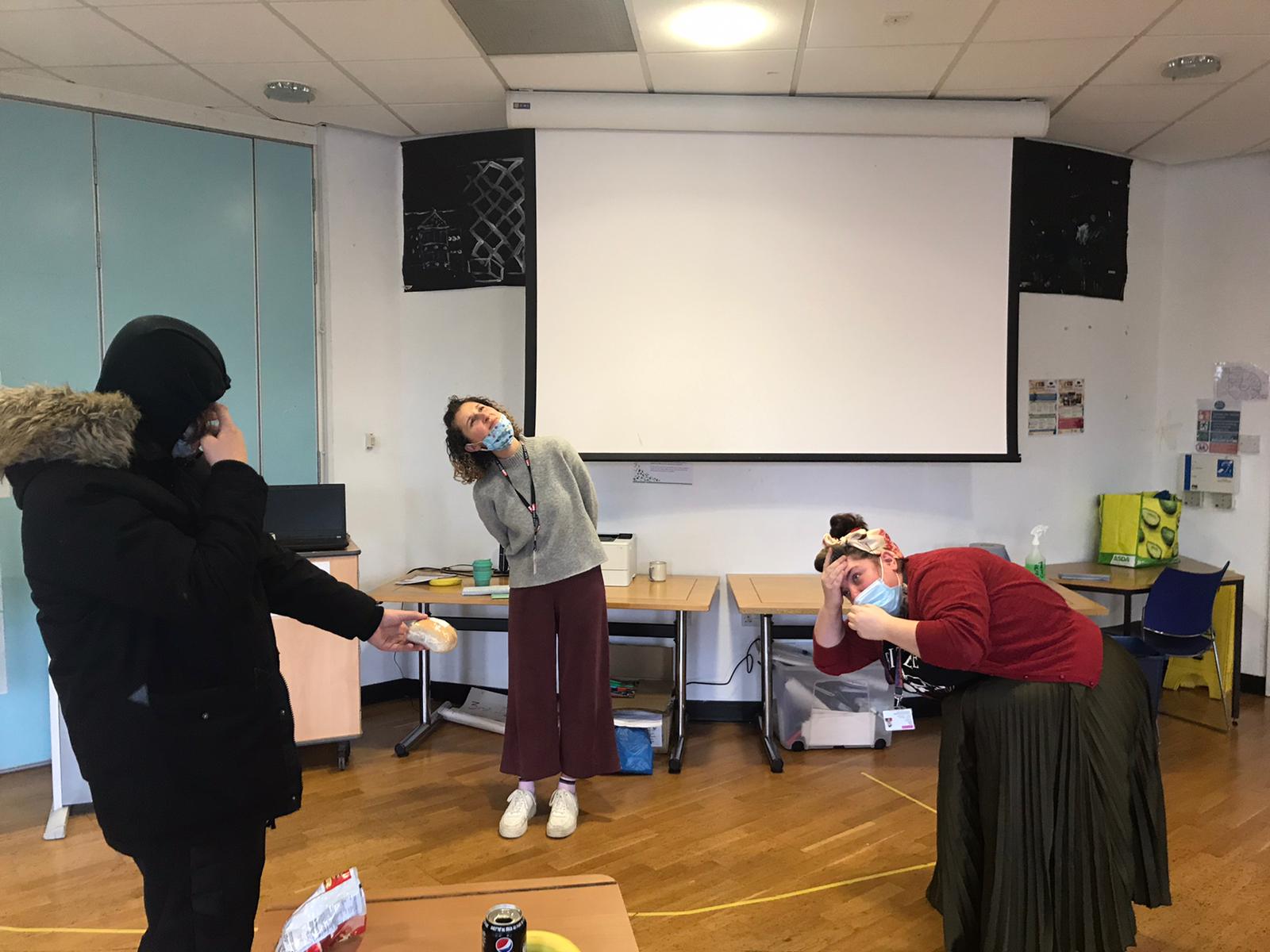
Dyslexia Scotland – making a difference with Arts Award
BY: Guest Writer
23 Nov 2020
This week we hear from Katie Carmichael, Career Coach from Trinity Champion Centre Dyslexia Scotland about their learner led approach to delivering Arts Award.
Dyslexic young people often feel like they are swimming against the tide. We decided to start delivering Arts Award because it provides a framework enabling young people to learn and attain through a medium that feels natural. We deliver all levels of the awards , so we can start with a level that suits the need of the young person and support them to grow through the levels.

As a selected Trinity Champion Centre, our partnership with Trinity College London strengthens our efforts to further champion the benefits of arts-based learning as a vehicle for dyslexic young people and their growth and attainment. We hope that we can give other learning providers the confidence to try Arts Award in their setting.
Pursuing a Learner-Led Approach
A learner-led process is key to the success of our Arts Award delivery. Young people get to blaze their own trail on their Arts Award journey with Dyslexia Scotland. We work with young people on a one-to-one basis, often remotely, and provide Discover in small group workshop settings, traditionally through our annual youth events but currently on-line. As the Arts Award Adviser, I’m there to provide some gentle guidance along the way, while staying true to the young person’s vision. The framework provides scope for these often-marginalised learners to approach skills development, communication, cross-curricular learning and academic attainment from a position of personal strength and interest, growing their confidence and ability to learn independently.
As an organisation, we aim to enable dyslexic people to realise their potential. The award adds value to our career development service, ensuring that we can offer under 25s an experience that supports personal and career development.
 Challenges
Challenges
As an Arts Award Adviser, I’m still learning to navigate the Centre Portal and Adviser hub, which I find challenging. It really helps being able to take advantage of the support sessions available to Advisers, so I make use of these as much as possible to help me stay on track with the behind-the-scenes and administrative aspects of the role. The friendly support from the team at Trinity College London helps me build capacity and confidence in delivering the Awards.
Arts Award presents both a challenge and an opportunity for working with dyslexic learners. These holistic thinkers need support to organise their evidence for moderation in a more linear way than what naturally comes to them. This is a skill worth developing though, as there will be many more times ahead when they’ll need to put their big ideas in to a logic track for others to follow.
.jpg?width=183&name=Lucy-Session-1%20(14).jpg) Making a difference
Making a difference
From an organisational viewpoint, the Awards help us deliver on operational outcomes to support individuals to develop skills, be more confident and optimistic for their futures, be more aware of their strengths, and make progress in their careers. Beyond these intentions, young people and their parents tell us that the Arts Award journey has offered improvements in fine motor skills, developed new interests, provided opportunities to meet other dyslexic young people, and increased resilience. For some, Arts Award has been the first formal recognition of their learning and attainment.
Skills for life
Young people waver when they see the non-art-work aspects of the award. For example, the audience review or arts issue sections cause nervousness, as they assume those have to be an essay but then they discover that it’s ok to approach a task in a way that feels fun and easy, to disrupt the conventional approach. This can be a life-changing epiphany for these learners whose experience of formal learning has taught them that it needs to feel like hard work.
My top tip for guiding young people on tackling those sections of the award is to give them a WAGOLL- show them “What A Good One Looks Like”. Show them a few, so they can grasp that the structure may be the same but the execution can be very different. I’ve seen skills-shares done brilliantly as infographics, PowerPoints and video tutorials. One learner even considered presenting her arts issue in the form of a cake! These original thinkers are discovering a means for expressing themselves effectively in highly engaging ways. And they’re developing skills for life in the process.
 Find out more about Dyslexia Scotland’s Arts Award Achievers and their exciting STEAM project
Find out more about Dyslexia Scotland’s Arts Award Achievers and their exciting STEAM project
If you require any support with your Arts Award delivery, please do get in touch ArtsAward.Enquiries@trinitycollege.co.uk


.jpg)

Comments & Replies